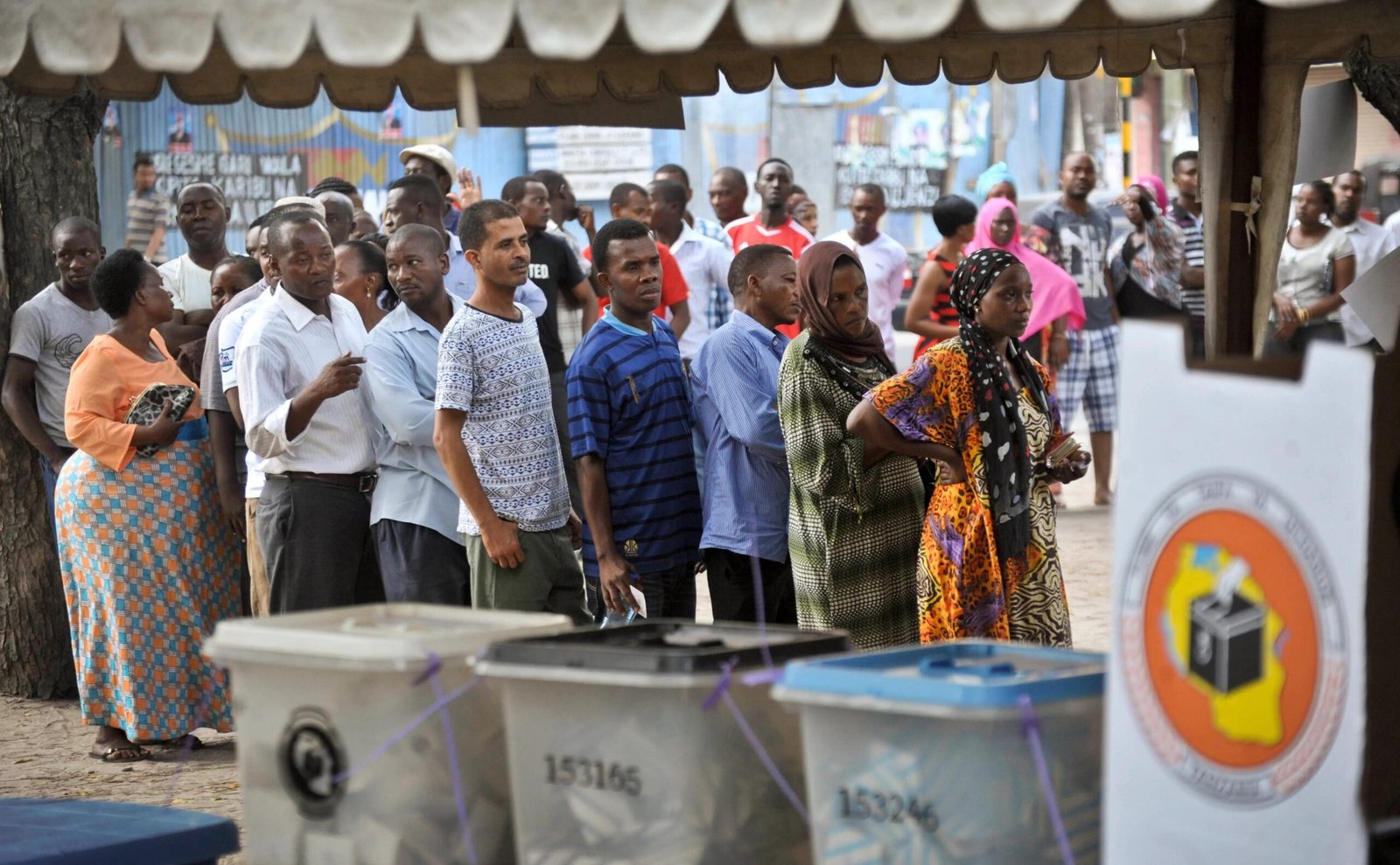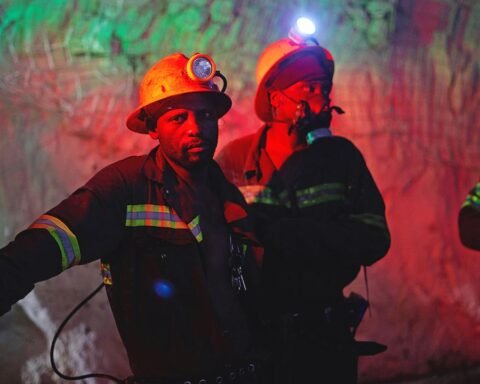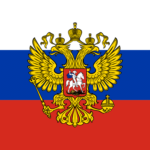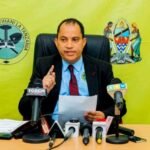The Government of Tanzania has reiterated its commitment to strengthening the country’s media landscape ahead of the 2025 General Election, emphasizing the importance of journalists in safeguarding peace, democracy, and civic participation.
The pledge was made on Wednesday by Gerson Msigwa, the Chief Government Spokesperson and Permanent Secretary in the Ministry of Information, Culture, Arts and Sports, during a high-level media stakeholders’ meeting in Dar es Salaam. The event focused on the media’s critical role in enabling a smooth, peaceful, and inclusive electoral process.t
In his closing remarks, Mr. Msigwa assured media professionals of continued cooperation and support before, during, and after the elections.
“Journalists are the voice of the people. Their safety, freedom, and access to accurate information is fundamental for free and fair elections,” he said.
He called on the press to adhere to the principles of journalistic integrity, warning against the dangers of fake news, hate speech, and politically motivated disinformation, which can easily inflame tensions during election periods.
While the government is extending its hand to support the press, Mr. Msigwa underscored the mutual responsibility journalists carry, especially when reporting on electoral matters. He referenced past cases where biased or unverified reporting contributed to unrest in other nations.
“With the freedom to report comes the duty to inform truthfully and responsibly,” he noted.
The government is working closely with institutions such as the Tanzania Communications Regulatory Authority (TCRA) and the National Electoral Commission (NEC) to streamline access to information, facilitate press accreditation, and strengthen the legal framework that protects journalists.
Media experts and regional observers at the forum drew parallels with successful pre-election collaborations seen in countries like South Africa, Kenya, and Ghana, where early coordination between government bodies and the media helped reduce political tensions, limit misinformation, and improve voter education.
Dr. Maria Kambwilio, a media law expert, said:
“If journalists are empowered with tools, access, and protection, they become defenders of democracy. But if ignored or misused, they can be exploited as tools of division.”
Also Read; Over 2,900 Journalists Digitally Accredited Across Nation
The Ministry has announced plans to host quarterly dialogues between journalists, media associations such as UTPC, and election bodies to identify challenges and share updates on the electoral roadmap.
Key priorities moving forward include:
- Joint capacity-building on election coverage standards
- Improved access to real-time electoral data
- Adoption of fact-checking partnerships with civil society and tech platforms
- Enhanced digital safety protocols for online journalists and content creators
These efforts align with international frameworks such as Article 19 of the Universal Declaration of Human Rights, which affirms the right to freedom of expression, and the African Charter on Democracy, Elections and Governance.
As Tanzania moves closer to a crucial democratic milestone, both the government and the media sector are being called upon to rise to the occasion. The goal is not just a credible election—but a peaceful, informed, and united public.
“We are not enemies,” Msigwa reminded participants. “The media and the state must walk together, each playing its part with transparency, responsibility, and mutual respect.”
With the 2025 elections on the horizon, all eyes now turn to how both government and press will turn promises into practice—and whether the foundations for credible, people-centered reporting will hold strong under pressure.







